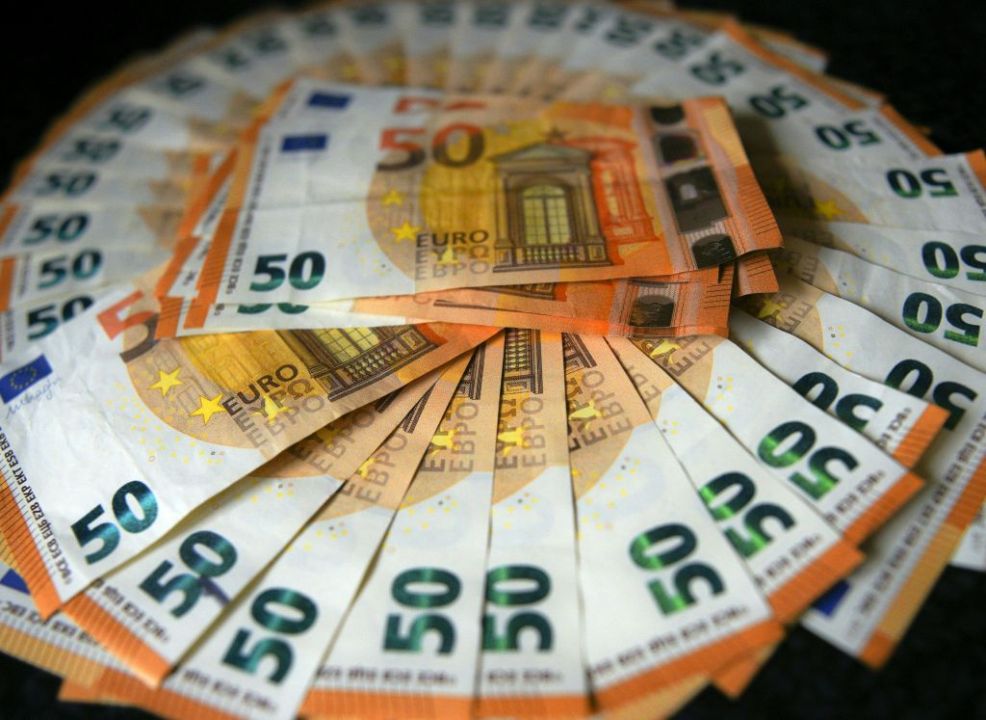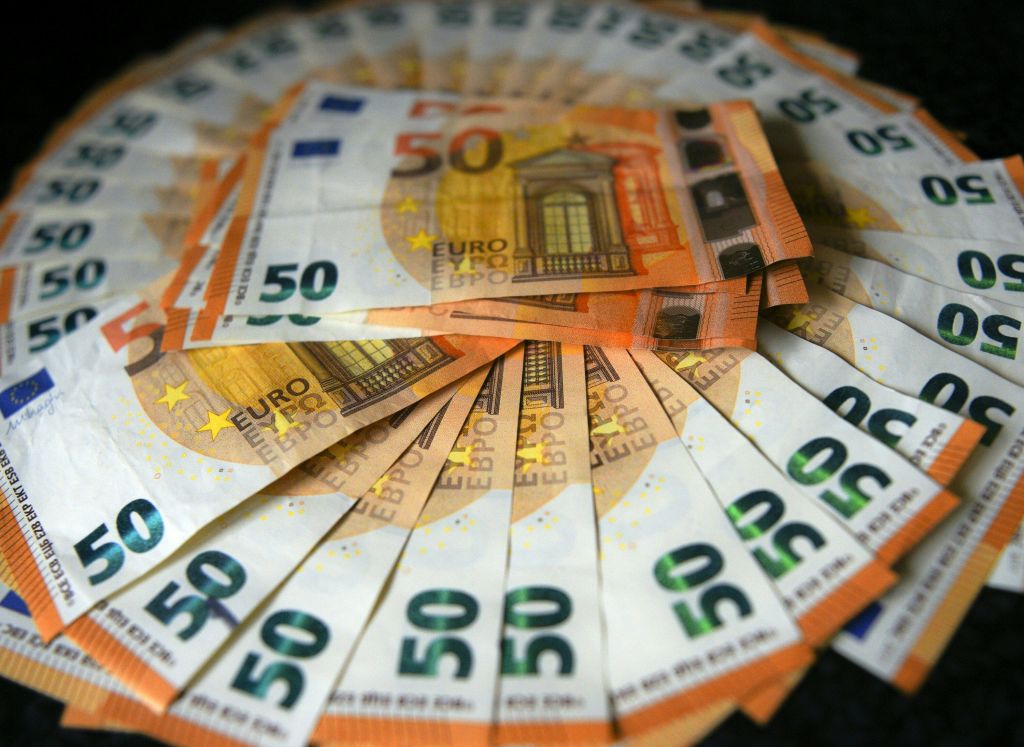A high speed rail line from Manchester to Glasgow. Three of the shiny new Elizabeth lines crossing London. Thirty or forty hospitals, almost sixty Manchester City squads, and perhaps a dozen Bitcoins (although it might be only eleven by the time you are reading this). There is still a lot you can get for 40 to 50 billion euros.
In the Brexit negotiations, the UK now seems to have increased its offer to the European Union to that range. If that is indeed the final settlement, we can expect to hear lots about all the other things we could have done with the money. Remainers will gloat over the cost, and furiously tweet pictures of that red bus, while Leavers will fume about how the cliff edge would have been better.
And yet, there is a more important question. Whether we pay twenty billion or forty doesn’t in the end matter a great deal. Spread out over many years, as it certainly will be, the country can afford it. What we should be working out is this: what do we want for all that money?
At 50 billion euros, we have largely accepted the EU’s argument that we are on the hook for all the spending commitments run up while we were members, our share of the pensions of all those incredibly useful bureaucrats in Brussels, and the costs of moving all its agencies out of Britain. You can argue forever about whether that is justified or not. What is certainly clear is that the UK is being generous, and could have offered far less. It is only reasonable to expect some generosity back. Like what? Here are four demands we should make.
First, the City should be allowed to maintain access to the European market. There is no reason why a quick deal can’t be done on financial services that allows banks based in London to trade freely across the continent. The rules are already harmonised, and the Bank of England can be trusted to make sure EU rules are kept to for trades in euros.
Second, most of the British economy has relatively little to do with EU. But sectors such as car manufacturing, aerospace and drugs are highly integrated into the Single Market. Just like finance, they should be given the access to the rest of Europe that they need, while German and French and Italians firms should be given access to ours. Other sectors don’t matter very much – but those three are important to both sides.
Thirdly, we must be allowed to set our own economic policies, and strike our own trade deals. There is no point in going through all the trauma of leaving if we don’t get more freedom in return. A lower tax, more lightly regulated economy is not ‘social dumping’ or ‘unfair competition’ even if they describe it that way in Europe. It is playing to our strengths. Access to the EU market shouldn’t come at the price of preventing us developing our economy as we choose – and certainly not when you are paying 50 billion euros for it.
Finally, stop poaching. We don’t send politicians to Paris and Frankfurt every week trying to persuade their companies to leave for London. We don’t constantly try to undermine their industries. They should stop trying to persuade businesses to leave Britain. Let them decide for themselves without all the arm-twisting.
In truth, as the mantra has it, nothing is agreed until everything is agreed. If we get a relatively painless exit from the EU, preserve the City, our auto and pharmaceuticals industries, and end up released from its meddling regulations, then we will have got a reasonable deal. The fifty billion euros will have been well spent. But if Brussels won’t give us that, we can still walk away, try the cliff edge, and spend all that money on something else.







Comments